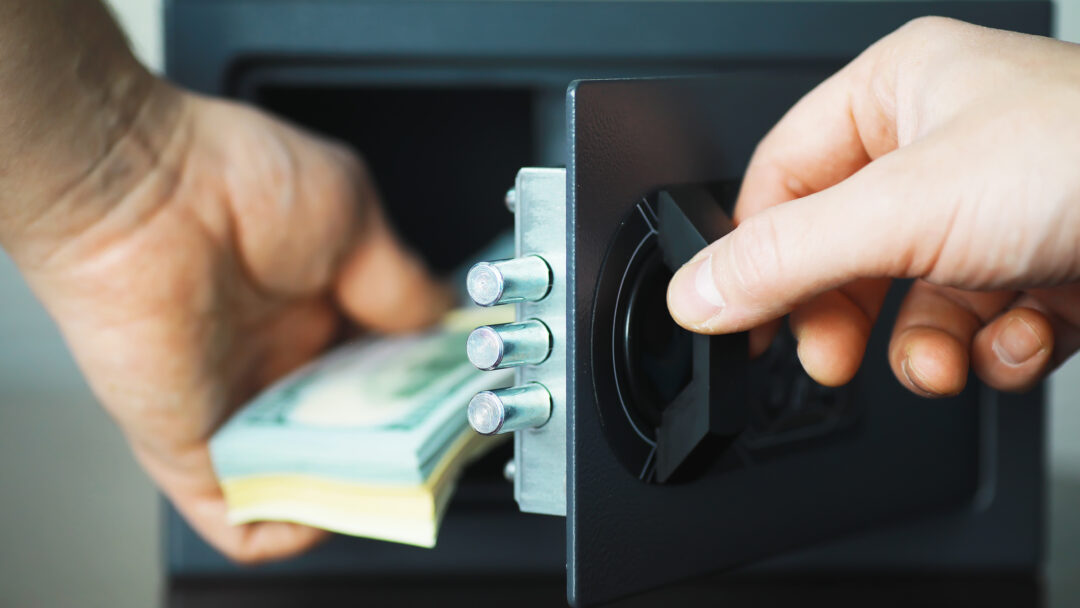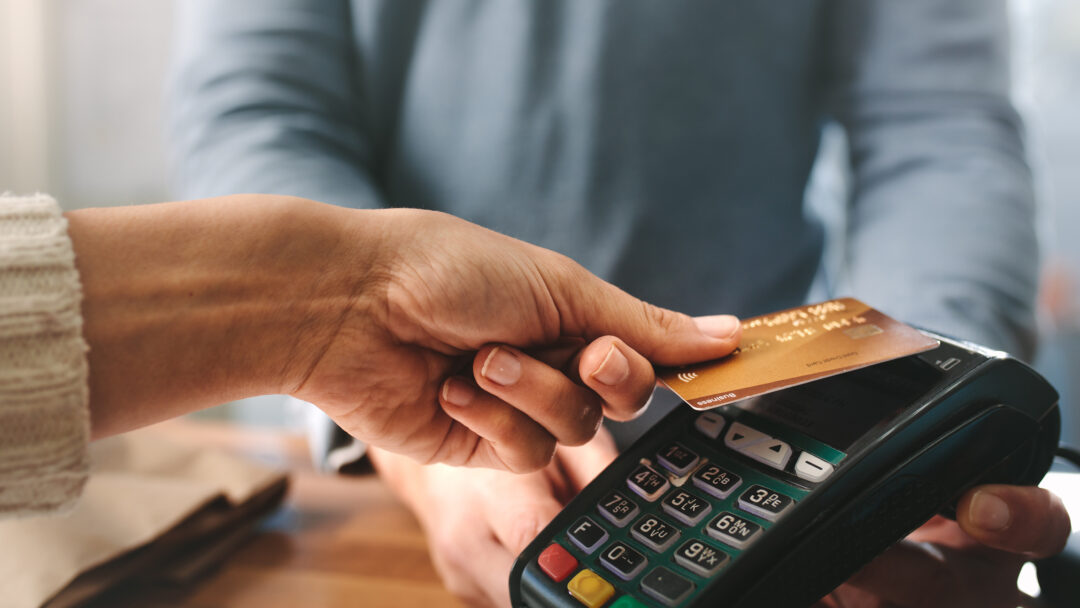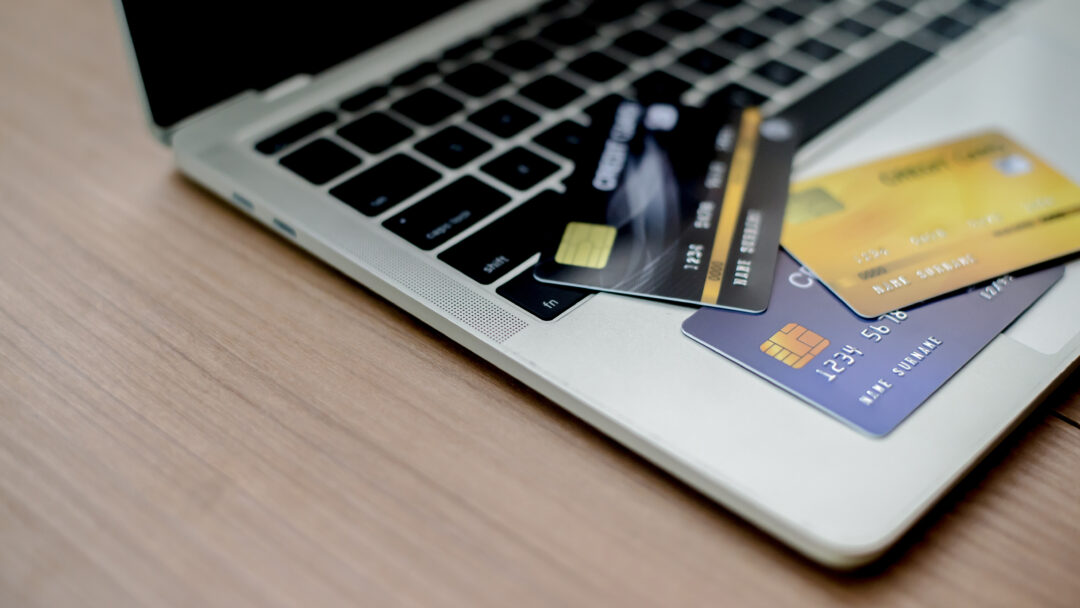Credit Card Debt Forgiveness
- Credit card debt forgiveness reduces, but doesn’t erase, debt.
- Unsecured debts are more likely to be forgiven than secured ones.
- Options include creditor negotiation or bankruptcy, with long-term effects.
- Pros include relief; cons involve credit impact and taxes.
- Professional advice helps in navigating debt solutions.
If you’re struggling to make payments on credit cards, you may be wondering about debt forgiveness. This doesn’t mean the debt magically disappears, but it may offer relief by reducing the amount you owe. Here we’ll explore what credit card debt forgiveness is, the different ways to achieve it and the pros and cons to consider before taking this step.
Free Consultation with a Certified Debt Specialist
Start with a Free No-Obligation Consultation
If you’re struggling to make payments on credit cards, you may be wondering about debt forgiveness. This doesn’t mean the debt magically disappears, but it may offer relief by reducing the amount you owe. Here we’ll explore what credit card debt forgiveness is, the different ways to achieve it and the pros and cons to consider before taking this step.

Call for A Free Consultation!
What Debts Can Be Forgiven?
Unsecured debts are the type of debt that creditors may be willing to forgive. These typically include:
- Credit Card Debt: Credit card companies may agree to erase a portion of your balance in exchange for a lump sum payment if they see that making payments is a hardship.
- Personal Loans: Similar to credit cards, lenders may forgive some of your personal loan debt to settle the account.
- Student Loans: While less common, there are government programs and specific situations that may lead to student loan forgiveness.
Secured Debt and Forgiveness
On the other hand, secured debts like mortgages and car loans are rarely forgiven. Secured loans are backed by collateral, such as your house or car. If you default on the loan, the lender can repossess the collateral and sell it to recover their losses. Since they have a way to regain some of the money, they are less likely to forgive the debt entirely.
What is Credit Card Debt Forgiveness?
Credit card debt forgiveness means resolving your credit card debt for a reduced amount. It’s important to understand that complete forgiveness is uncommon. However, credit card companies may be willing to work out a deal if you can’t repay the full amount. There might be drawbacks, like needing to repay a portion of the debt, but it may offer relief from your current situation. While credit card debt forgiveness can be tempting, it’s not the only option. There are several ways to tackle debt without resorting to this method.
How Credit Card Debt Forgiveness Works
Here’s a look at two main strategies for finding relief through forgiveness:
Direct Negotiation for Debt Forgiveness:
- You can work directly with your credit card issuer and ask them to forgive part of your debt. This often involves agreeing on a reduced payoff amount that settles the entire debt. While success depends on your situation, it may be a good option if you have a history of on-time payments or have faced significant financial hardship.
Bankruptcy—A Serious Option:
- Filing for bankruptcy can eliminate some debts, including credit card debt. However, it’s a significant legal step with long-lasting consequences. With bankruptcy, a judge will ultimately decide the terms of debt forgiveness, and the amount forgiven may be less than you anticipate. This option should only be considered as a last resort.
How Are Debt Forgiveness and Debt Settlement Different?
Both debt forgiveness and debt settlement may offer a fresh start when you’re struggling with debt, but they go about it in slightly different ways:
- Debt Forgiveness: This involves working with your creditor (credit card company, bank, etc.) or a judge (in bankruptcy cases) to completely or partially erase your debt. This can happen through hardship programs or special negotiations. Typically, there aren’t upfront payments needed, but the forgiven amount might be reported to credit bureaus, which may affect your ability to borrow money later on.
- Debt Settlement: With debt settlement, you may be able to resolve your debt by negotiating a significantly reduced payoff amount with your creditors. Often, debt relief companies can help with these negotiations. To secure this agreement, you’ll likely save money upfront in a dedicated account to pay the settled amount. While this process can take time, it may significantly reduce the total amount you owe, potentially freeing up more money in your budget each month.
Debt Forgiveness—Pros and Cons
Pros
- Debt Relief: The biggest benefit is eliminating your debt, freeing up money in your budget for essential expenses and potentially allowing you to save for the future.
- Reduced Stress: Debt can be a major source of stress. Forgiveness may provide significant emotional relief and improve your overall well-being.
- Fresh Financial Start: Eliminating debt may give you a clean slate to build a more stable financial foundation—an opportunity to develop better budgeting habits and responsible credit management.
- Save on Interest: Forgiveness eliminates future credit card interest charges, putting more money back in your pocket every month. This may improve your cash flow and free up resources for other financial goals.
Cons
Timeline: Depending on the program or situation, the debt forgiveness process may take time. Be prepared to wait for a period before the debt is officially settled.
Impact on Borrowing Ability: Debt forgiveness is typically reported on your credit report, which may temporarily make it harder to qualify for loans or credit cards. You might also be offered higher interest rates in the short term.
Tax Implications: If your forgiven debt exceeds $600, the IRS may consider it taxable income. This means you’ll need to factor in potential tax payments when evaluating the overall benefit of debt forgiveness. Consulting a tax professional is recommended.
Upfront Payment: While some forgiveness programs might not require immediate payment, others might require a lump sum payment. This could be a challenge if you’re already struggling financially.
All You Need To Know
We’ve put all of our essential resources in one spot. Everything from debt resolution to taking control of your financial future . Need to talk? Our experts are here to help. Call us anytime for a free no-obligation consultation.
Pay off your credit card debt
- Receive A Free Savings Estimate Today
- See How Quickly You Can Be Debt Free
- No Fees Until Your Accounts Are Settled
Essential Reading
The latest debt relief news, tips, and resources from our team.
We’ve transformed the lives of more than 500,000 people

“The anxiety is gone, I am credit card debt-free. And that right there, I never thought I would be able to say those words, and it just feels so good.”
Michelle saved 23% on her debt

Now I’m able to go on vacation for the first time in a long time- I was able to go and relax. I couldn’t do that before.

Now I wake up knowing that I am paying off my debt, it’s like a weight lifted off my chest and I can breathe a bit more.

“The anxiety is gone, I am credit card debt-free. And that right there, I never thought I would be able to say those words, and it just feels so good.”
Michelle saved 23% on her debt

Now I’m able to go on vacation for the first time in a long time- I was able to go and relax. I couldn’t do that before.

Now I wake up knowing that I am paying off my debt, it’s like a weight lifted off my chest and I can breathe a bit more.

“The anxiety is gone, I am credit card debt-free. And that right there, I never thought I would be able to say those words, and it just feels so good.”
Michelle saved 23% on her debt

Now I’m able to go on vacation for the first time in a long time- I was able to go and relax. I couldn’t do that before.







